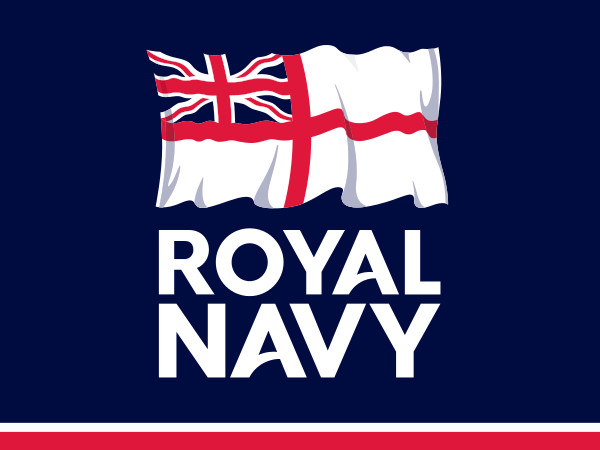Navy Outlaws Porn. What’s Next, a Ban on Cursing?
 PORTSMOUTH, England – With the enactment of new policies banning the possession of pornography on its warships, submarines and on-shore bases, the Royal Navy (RN) has joined its allies across the pond in demanding more decency and sexual modesty among its sailors.
PORTSMOUTH, England – With the enactment of new policies banning the possession of pornography on its warships, submarines and on-shore bases, the Royal Navy (RN) has joined its allies across the pond in demanding more decency and sexual modesty among its sailors.
For those familiar with maritime culture, civilian or military, the idea of sanitizing the sailors’ environment might seem a bit strange, even futile. It’s not for nothing, after all, we’re all familiar with the old saying “curses like a sailor.”
While it might be tempting to interpret the RN’s porn ban as a conservative salvo fired in the broader ‘culture war’ surrounding porn, if you read the rationale for the ban offered up by the RN, the pressure to enact the policy sounds as though its coming from the other end of the political spectrum.
“A lot of women found it intimidating seeing naked pictures of females all over the walls,” an anonymous RN source told the British media. “The Navy has moved on and times have changed.”
Under the new policies, which were handed down in a memo titled the “Royal Navy Policy on Pin-ups and Pornography,” a so-called “beach test” is suggested for sailors who aren’t sure whether any given depiction would pass muster.
“The appropriate test is the ‘family beach’ analogy (i.e. not topless/ bottomless women or bottomless men),” the document states. “The test also applies to the public display of spouses regardless of the fact that the picture may be of an individual’s spouse or partner or that the subject is happy for the picture to be displayed.”
The policy offers another analogy to define the new policy regarding magazines, making a distinction between the sort of racy but non-nude magazines the public can flip through at the newsstand without raising an eyebrow and the sort which are displayed inside cover slips, or only for sale behind the counter.
“In other words, top shelf is OK — any others are not,” the memo explains.
The updated regulations also state “possession of films/videos and all forms of digital media (e.g DVDs or downloads from the internet) that have been certified by the British Board of Film Censors is permitted [sic]. All other pornographic material is prohibited.”
Another source said the policy is in part designed to present the RN as more “inclusive” and more welcoming to the growing number of women enlisting as sailors.
“To be fair, this is part of the service coming into the 21st Century, being more inclusive and not offending women,” the source said, while acknowledging the policy may not be as welcome among some men already in the service.
“A lot of the lads are moaning about this because porn has been rife across the fleet for generations, and this is the result of a few people complaining,” the source said. “They stopped the rum tot and reduced our alcohol allowance and have now banned porn. People are wondering what is next, as well as how it will be enforced, especially if stuff is stored on smartphones.”
The source also suggested the RN was concerned it might be subject to costly and embarrassing lawsuits, if it was perceived as non-responsive to complaints about porn. An official statement from the RN seemed to confirm these concerns as the basis for the policy, taking pains to point out the RN’s stalwart commitment to being a welcoming, inclusive workplace.
“The Royal Navy makes sure that the work environment, whether ashore or at sea, is inclusive and appropriate and we’re proud to be recognized as a top-100 employer in Stonewall’s Workplace Equality Index 2017,” said a spokesperson.
Some see a connection between the new policy and a complaint filed in 2006 by a Navy chaplain named Rev. Mark Sharpe, who quit the RN after claiming he had been ordered to “turn a blind eye” to porn being displayed openly in the mess decks of the HMS Albion assault ship and HMS Manchester destroyer. Sharpe eventually settled his complaint with the Ministry of Defense for an undisclosed sum.
A spokesman for the RN described the “problem” of porn in the RN as being a function of its general ubiquity in modern life.
“Pornography in the fleet remains a widespread problem, as it is in society,” the spokesman said. “We just need to move with the times and make sure that those people who do not want to see it are not offended.”












